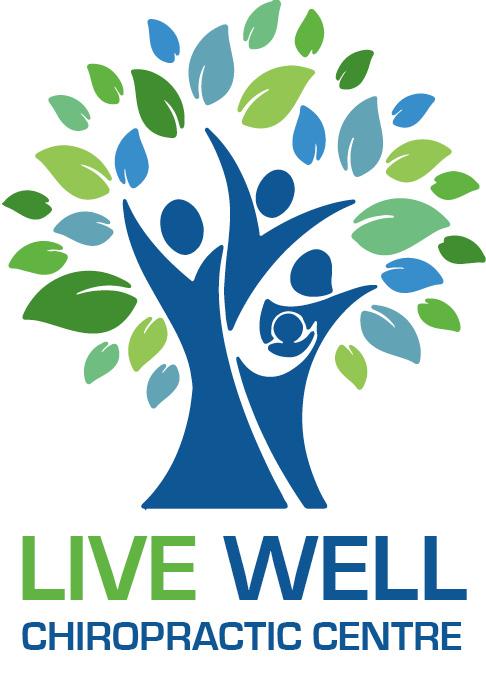Neck Pain
Neck pain, like the lower back can be excruciating and draining and often trigger associated symptoms such as headaches, migraines, shoulder and arm pain and fatigue. Commonly neck pain is triggered from an injury, stress, poor posture or repetitive strain.
TYPES OF NECK PAIN
‘Simple’ or ‘Mechanical’ neck pain. This means that the pain is not related to any serious underlying condition and there are no trapped or compressed nerves. Simple neck pain can be caused by poor posture or tension in the neck or shoulders. Poor sleeping patterns or an awkward sitting position can cause strains and sprains in the soft tissue of the neck.
Nerve root irritation in the neck is also common and can be caused by trauma, damaged discs or wear and tear. Symptoms such as pins and needles, tingling, numbness and weakness in all or part of the arm or hand can be experienced.
As we get older, Wear and Tear may contribute to neck pain. The shock-absorbing pads between the bones of the neck (known as intervertebral discs) can narrow with age and this can cause stiffness, pain and make it difficult to move.
Whiplash-associated disorders are commonly caused by road traffic accidents or sport injuries. Damage can occur to the soft tissues of the neck and shoulders and caused chronic dysfunction and pain in the small joints of the neck and upper back.
Why do people get Neck pain?
People experience neck pain for all sorts of reasons. It might be the way they sit or stand, or because their work or lifestyle places stress on their neck. Worry and stress can cause tension in the neck and shoulders, and can delay recovery of existing neck pain. However, there is often no obvious reason why neck pain develops.
Seeing a Chiropractor for Neck pain
Before starting treatment, your chiropractor will undertake a full assessment. This will involve taking details about your condition, current health and medical history, and performing a physical examination. Using Specific Orthopaedic and Neurological tests, your Chiropractor will assess the small joints in your neck called ‘Facet Joints’ where all our movement comes from as well as the Nerves, the Discs and the Muscles that connect the shoulders to the skull.
Sometimes it may be necessary to refer you for other tests, such as X-rays, MRI scans or blood tests. It is important for your chiropractor to gather as much information about your neck pain as possible so that an accurate diagnosis can be made.
Before starting treatment, your chiropractor will explain what is wrong, what can be done and what can be expected from chiropractic treatment.
